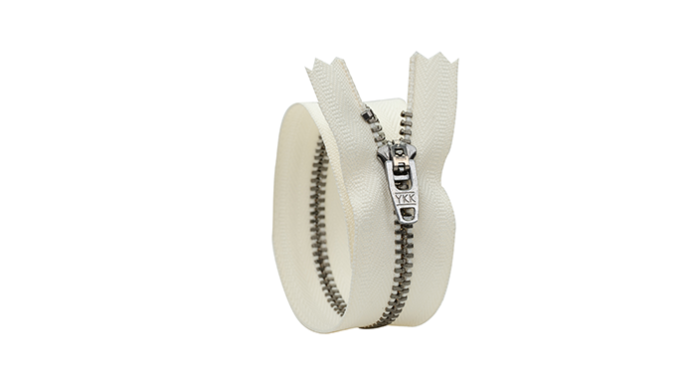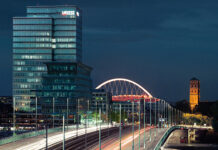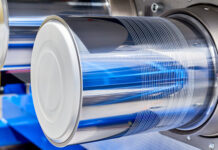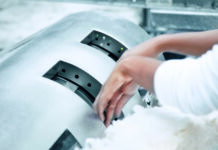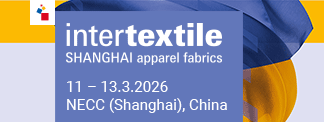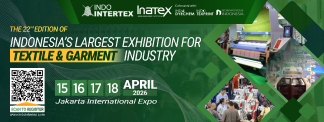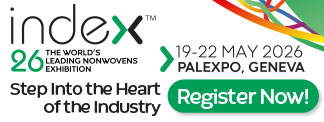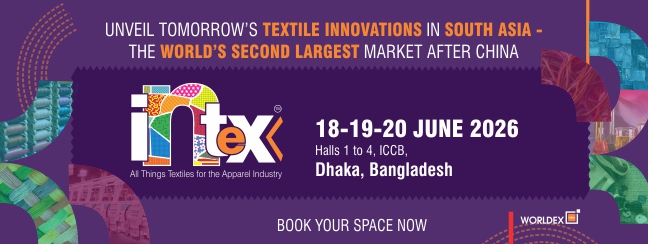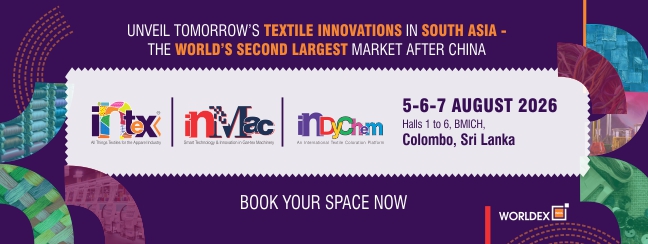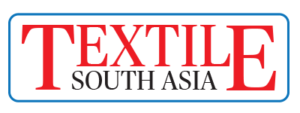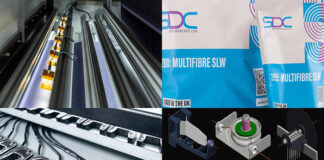YKK Corporation has released “This is YKK 2024” Integrated Report showcasing notable progress in its journey toward climate neutrality and environmental stewardship. The company has slashed its greenhouse gas emissions by more than half since 2018, while dramatically expanding its use of sustainable materials across its global operations.
Key Achievements
- Emissions Reduction: Cut direct emissions (Scope 1+2) by 56.2% from 2018 levels
- Renewable Energy: 37 facilities now running on 100% renewable energy
- Sustainable Materials: 38% of materials now from sustainable sources, up 12 percentage points in one year
- Water Conservation: Reduced water consumption by 22.1% since 2018
- Waste Management: Achieved 91.9% waste recycling rate
YKK’s Sustainability Vision 2050 aims for climate neutrality and coexistence with nature by 2050. The company targets 10 SDGs through themes of climate change, material resources, water resources, chemical management, and respect for people. Progress is detailed in the Integrated Report, with additional data on environment, society, governance, and finance in the Data Book.
Innovation Highlights
- Copper and Zinc Recycling: Developed proprietary in-house recycling technology for copper and zinc alloys used in YKK zippers
- Sustainable Packaging: Switched to Forest Stewardship Council (FSC)-certified packaging at the Kurobe Manufacturing Center
- Chemical Management: AcroPlating technology now accounts for 25% of brass slider sales, a 7-point increase from last year.
- Product Longevity: Launched the Revived Renewal Series to extend zipper lifespan
Environmental Recognition
The company’s dedication to biodiversity has been acknowledged with the designation of YKK Center Park’s Furusato-no-Mori (Hometown Forest) as a Nature Coexistence Site, underscoring YKK’s leadership in corporate environmental stewardship.
Looking Forward
Building on these achievements, YKK has revised its Sustainability Vision 2050 to strengthen its focus on three critical areas:
- Climate change mitigation
- Biodiversity protection
- Resource recycling
The company plans to further accelerate its sustainability initiatives throughout its supply chain, working closely with partners to address environmental challenges in the garment industry.
Full List of FY2023 Initiatives for Achieving Sustainability Objectives
Climate change
- Scope 1+2 GHG emissions: 238,812t (56.2% reduction from FY2018 baseline)
- Scope 3 GHG emissions: 587,848t (32.7% reduction from FY2018 baseline)
- Renewable energy usage: 56.5%
- 37 locations are powered entirely by renewable energy.
- Ten new solar power generation facilities in operation (28 total)
Material resources
- 38% of materials now from sustainable sources, up 12 percentage points in one year
- 31% of packaging is now sustainable
- YKK JAPAN Company (Kurobe Manufacturing Center) replaced the main outer packaging cardboard for fastening products with packaging which uses paper certified by the Forest Stewardship Council (FSC)
- Waste recycling rate: 91.9%
- Conducted a survey of suppliers that already do business with YKK, or plan to do business with YKK, to determine whether they are certified with The Copper Mark
- Launched the Revived Renewal Series of products that contributes to the longevity of garments life cycle
- Established in-house recycling technology and operational flow for copper and zinc alloys used in YKK zippers
- YKK Center Park’s Furusato-no-Mori (Hometown Forest) designated as a Nature Coexistence Site
Water resources
- Water intake: 8.898 million t (22.1% reduction compared to FY2018)
- Water intensity: 13.1% reduction (compared to FY2022)
- Introduced manufacturing equipment designed to reduce water consumption.
- Conducted wastewater management studies based on ZDHC Wastewater Guidelines
- Analyzed water risks at each manufacturing site
Chemical management
- Informed suppliers about the YKK RSL (2023 version) and conducted compliance surveys (1,663 companies)
- Conducting annual revisions of in-house standards (YKK RSL) (2024 version) based on social and customer needs
- Conducted tests to monitor status of compliance with the OEKO-TEX STANDARD 100 certification and the AFIRM RSL
- Globally deployed the ZDHC MRSL compliance level assessment system
- Selected alternative materials for non-compliant materials in the YKK RSL (2023 version) and promoted the development of materials, manufacturing processes, etc.
- Conducted fluorine testing of all purchased materials and switched to materials that are alternatives to per-and poly-fluoroalkyl substances (PFAS) wherever possible
- AcroPlating technology unit sales volume as a percentage of brass sliders: 25% (+7 points year-on-year)
Respect people
- Implemented YGCC self-checks/audits at all applicable locations (ongoing)
- Based on the results of implementation, identified issues to be addressed and developed plans for implementation.

